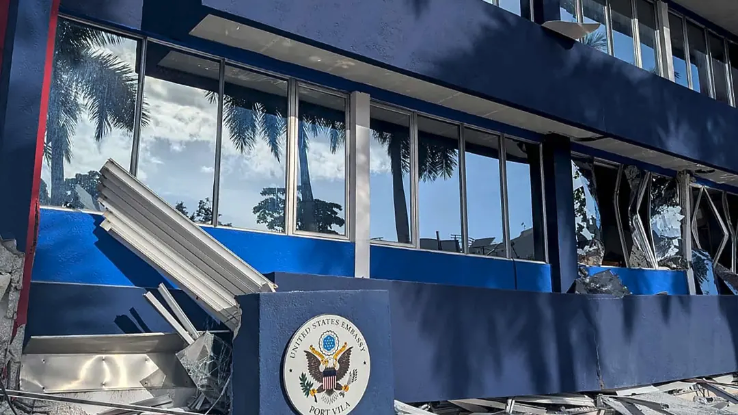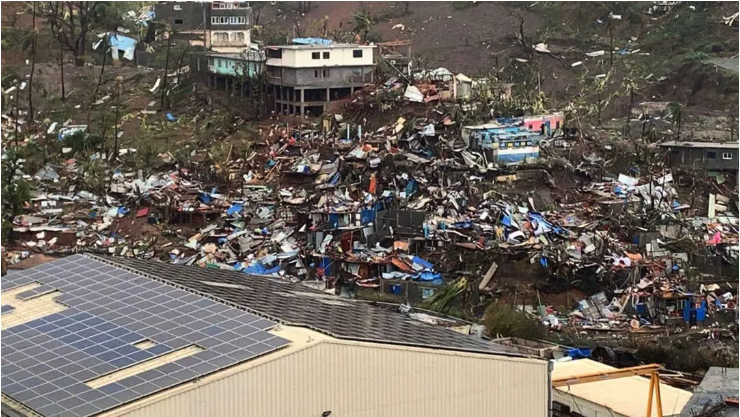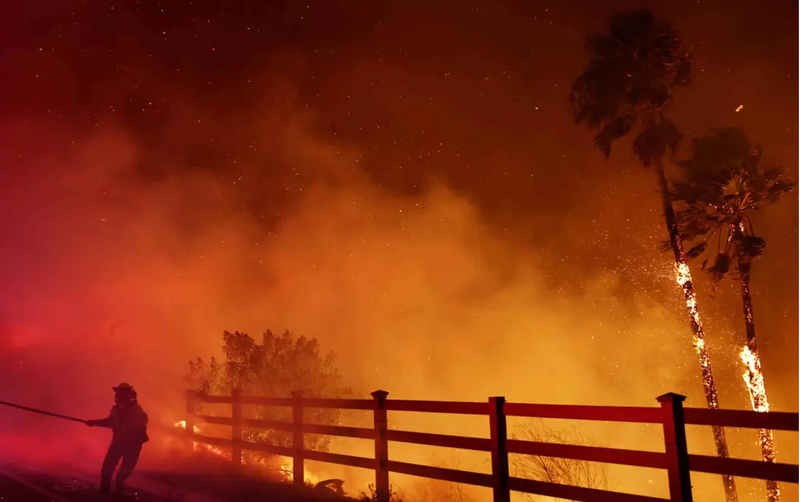Study: Melting of Greenland Ice Sheet Set to Raise Sea Levels By Nearly a Foot
According to a study released on Mon., global warming will eventually cause zombie ice from Greenland's huge ice sheet to melt, increasing global sea levels to rise by at least 10 inches (27 cm).

Facts
- According to a study released on Mon., global warming will eventually cause zombie ice from Greenland's huge ice sheet to melt, increasing global sea levels to rise by at least 10 inches (27 cm).
- Zombie or doomed ice is the term for the material attached to thicker areas of ice that is no longer being fed by glaciers. Co-author of the new paper, geologist William Colgan of the Geological Survey of Denmark and Greenland, has said that areas of zombie ice are melting because the parent glaciers are receiving less of the replenishing snow they need to survive.
- The researchers have studied two decades worth of measurements to calculate the minimum ice loss from the Greenland ice sheet due to global warming so far. In the best possible situation, the report concludes, the Greenland ice sheet will lose about 110 trillion tons of ice.
- Even if the burning of fossil fuels stopped immediately, the Greenland ice sheet would still add nearly a foot to rising sea levels, the study finds. The melting of Greenland's ice has been identified as a key factor in the 11-inch average sea level rise observed along the US coastline. The effect of global warming on Greenland is reportedly responsible for around 20% of the rise in sea levels.
- If carbon emissions continue at their current rate, it is predicted that the consequent melting of other ice caps, along with the thermal expansion of the ocean, will increase global sea-levels by 78cm or more. Such a rise would reportedly be more than enough to encroach on low-lying coastlines and increase the likelihood of floods and storms.
- Although making predictions about when Greenland's entire ice sheet will melt are complex and depend on a variety of factors, Colgan and his research team have said an educated guess would be sometime around the end of this century to 2150.
Sources: New York Post, PBS NewsHour, Daily Mail, USA Today, and Al Jazeera.
Narratives
- Narrative A, as provided by Guardian. This important study has produced a dire message - the rise of sea levels is coming, whether we act now to stop burning fossil fuels or not. Although the damage is not entirely reversible, if nations can effectively implement the Paris Climate Agreement we could reduce the predicted rise in sea levels from 78cm to 27cm. There is still time to minimize the damage we are doing to the planet and to avoid a more catastrophic future.
- Narrative B, as provided by CEI. Climate and environmental disasters have been predicted by modern-day doomsayers for decades. None of the apocalyptic predictions have come true so far; why would this time be any different?






